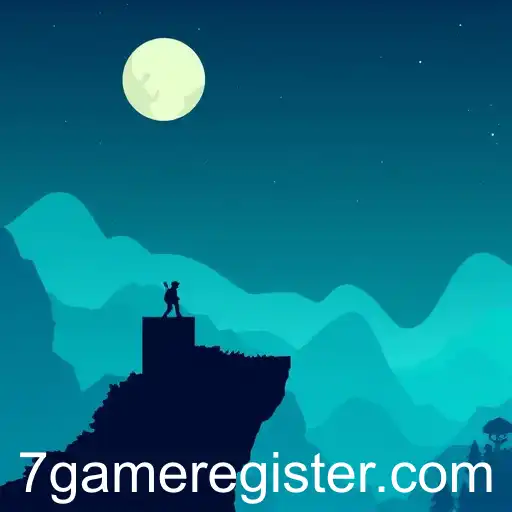In recent years, the indie game category has established itself as a pivotal force in reshaping the landscape of the gaming industry. Defined by their creative freedom and absence of big-budget studio constraints, indie games offer fresh narratives and innovative gameplay mechanics that have caught the attention and admiration of gamers worldwide. The keyword '7game' might not be recognizable at first glance, but it underscores the burgeoning interest and support that indie games foster amongst dedicated gaming communities.
Indie games, by definition, are developed by small teams or individual creators, independent from major publishers. This independence allows for a high degree of creativity and experimentation, leading to unique and often daring game concepts. Unlike mainstream games, which frequently revolve around tried-and-tested formulas, indie games thrive on originality and storytelling that resonates on a personal level. This has resulted in a diverse array of games that don't shy away from exploring new genres, cultural themes, and even socially relevant topics.
The financial models of indie games also differ from their mainstream counterparts. Many successful indie games find their roots in crowdfunding platforms such as Kickstarter or Indiegogo, where developers connect directly with their audience to fund their visions. This not only democratizes game development but also ensures a loyal audience that feels invested in the game's success. Platforms such as Steam and itch.io have further broadened the reach of indie games, offering them a platform to shine alongside bigger titles, thus leveling the playing field.
Critically acclaimed indie titles such as 'Celeste', 'Hollow Knight', and 'Stardew Valley' have showcased the depth and quality achievable by indie developers. These games have not only achieved commercial success but also won awards and fueled discussions about the future of game design. They are a testament to how indie games push the boundaries of traditional gaming experiences by putting creativity and emotional engagement at the forefront.
In the indie game category, innovation is paramount. As more players seek experiences that differ from the norm, indie games continue to rise in prominence. They offer something for everyone, from retro-style pixel art adventures to complex narratives addressing mental health. These games challenge players not merely to complete objectives but to explore narratives that may challenge their perspectives and evoke a profound emotional response.
As the community of independent developers grows, so does the diversity of games available, making indie games an ever-expanding treasure trove of stories, ideas, and lofty aspirations. In this nurturing ecosystem, developers and players alike find that the limits of what a game can convey are ceaselessly being tested. Ultimately, the indie game category, bolstered by passionate creators and dedicated communities, continues to enrich the gaming industry with its relentless innovation and vibrant diversity.

Explore the world of indie games and how they are revitalizing the gaming industry with innovative ideas and diverse storytelling.




